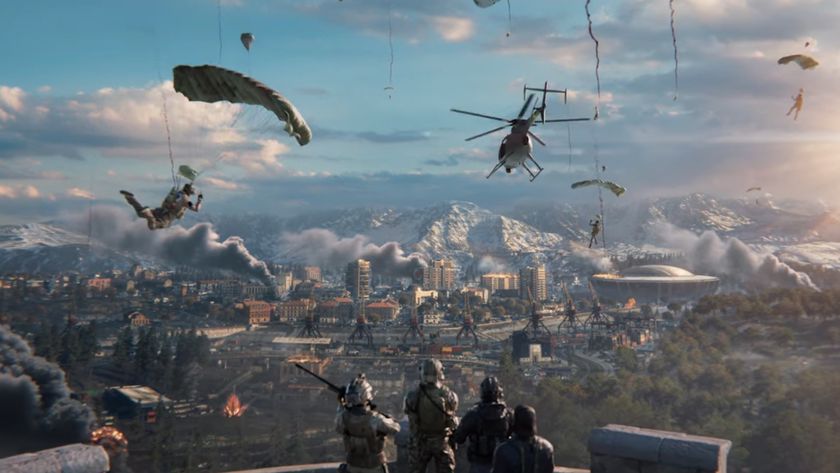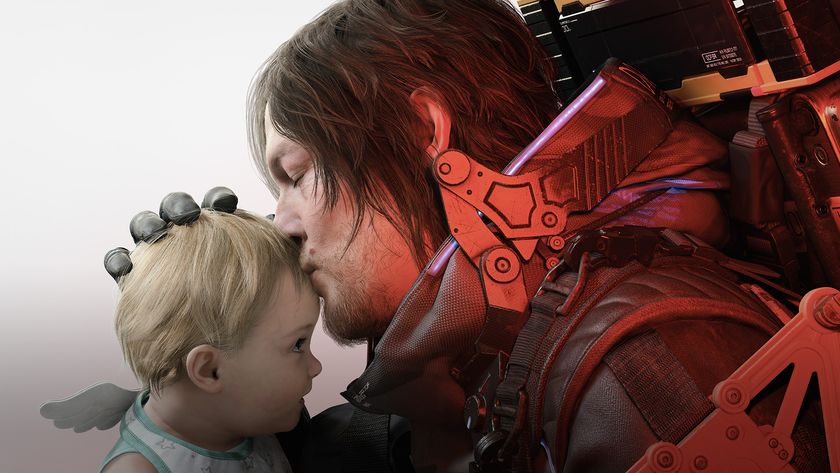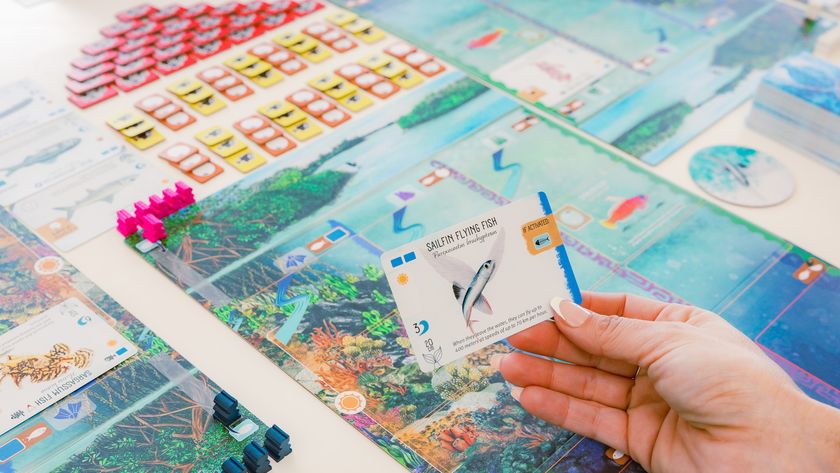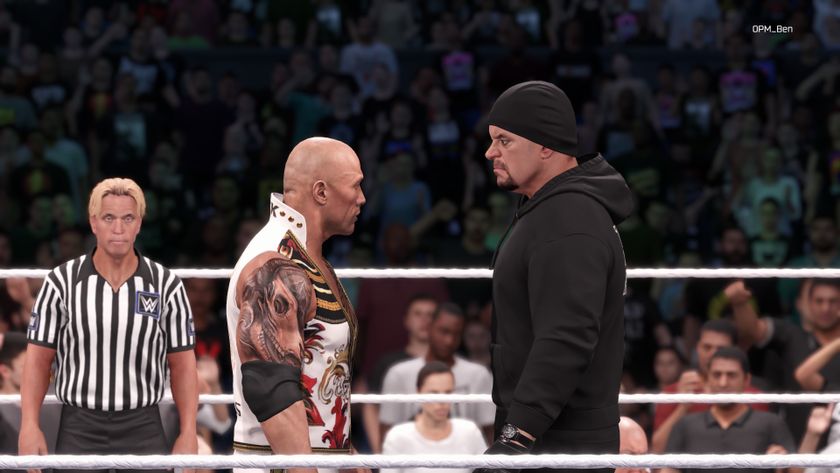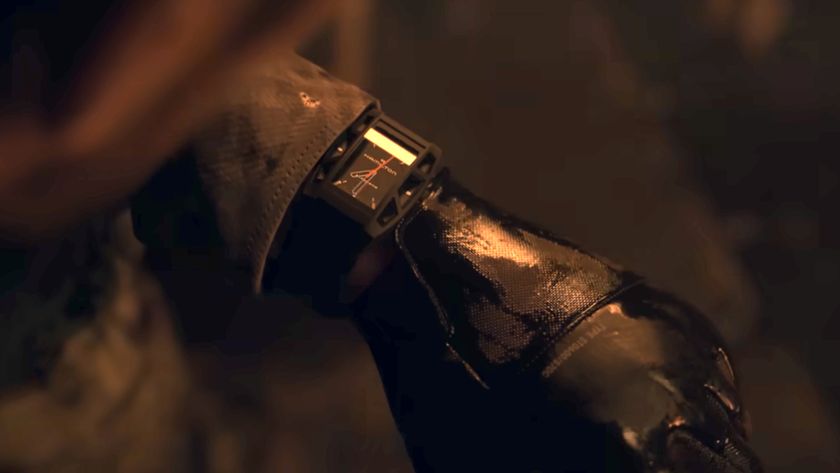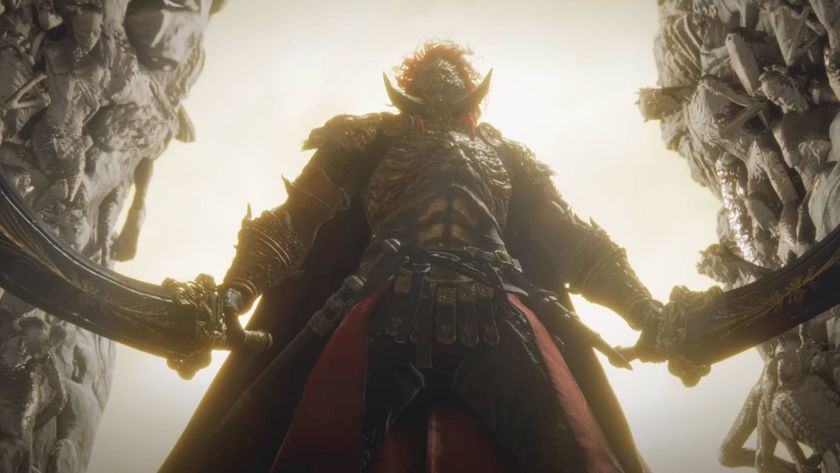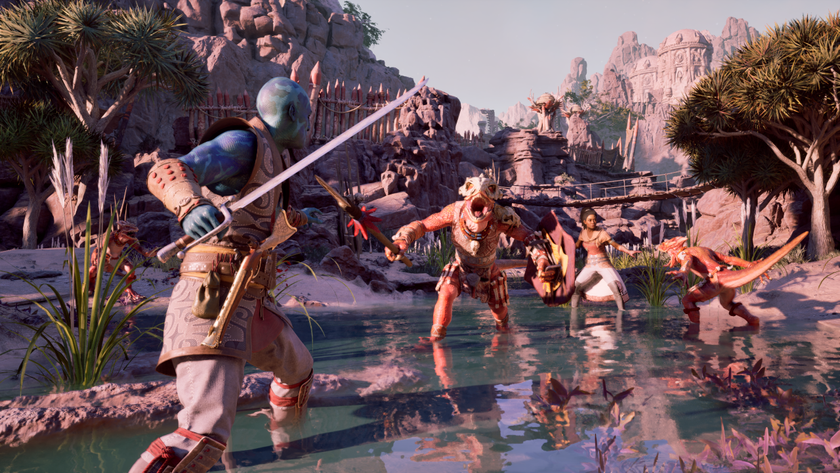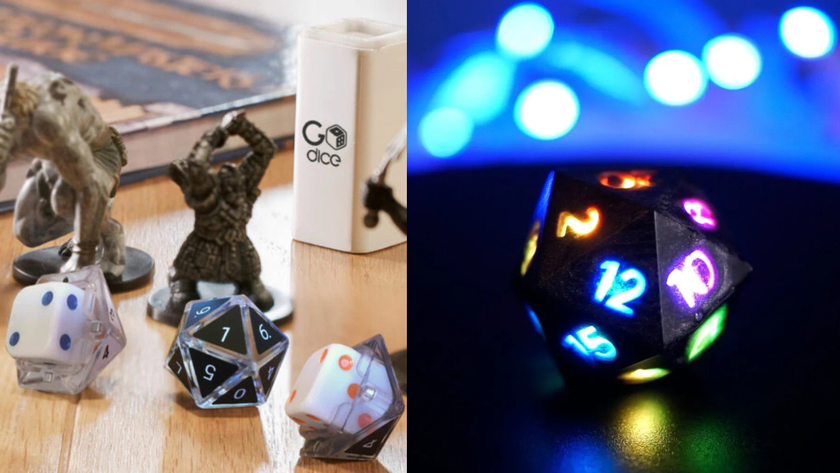High Horse: When did $10 become a cheap XBLA/PSN download?
We mourn the steadily rising cost of downloadable games

High Horse is a rotating opinion column in which GamesRadar editors and guest writers are invited to express their personal thoughts on games, the people who play them and the industry at large.
When it first launched, I was pretty dubious of the 360’s software line-up. Perfect Dark Zero was a bust, games like Gun and King Kong didn’t look all that improved compared to the Xbox versions, and the less said about Kameo the better. Just as I was deciding dismiss the 360 until the “real games” started coming out, I kept hearing from friends and reading online that easily the must-own launch game was a title called Geometry Wars. The best part? It was only five dollars.

Geometry Wars was an incredible game and the perfect experience to introduce new 360 owners to the concept of Live Arcade, with the attractive price being part of the fun. After that came a long series of games priced at 400 MS points/$5, some that were barely-improved arcade ports like Frogger, Galaga and the original Teenage Mutant Ninja Turtles, but that had a certain novelty at the time. Alongside them came a few $10 titles, but those typically were of an obvious higher quality than 30 year-old arcade games. Cut to today when $15 sets the standard and any high profile title being $10 seems like a gift. What happened?
Downloadable games as a concept were around long before Live Arcade and the PlayStation Store, but those emerging and quickly growing platforms were very new in the console market, with many publishers unsure how to react. Who’s to blame for this situation that’s before us now? While Sony has some responsibility on the pricing (Nintendo has barely had an impact so far), Microsoft easily has the strongest influence in the console downloadable space. And over time, Microsoft has altered its pricing structure and driven up the definition of “normal” prices to the state we’re in now.
Though a couple games had been $15 before, if you look back to 2008 you’ll see a time when $15 was a hard sell to players. In the first Summer of Arcade promotion, Braid was set at 1200 points and the internet reacted so negatively to it, creator Jonathon Blow had to personally defend it. It was such an unprecedented case to charge $15 for that and Castle Crashers (which launched two weeks later), that PR had to address the controversy. Yet in the 2009 Summer of Arcade, four of the five games were priced at $15 with little public complaint. All five SoA titles were $15 in 2010, last year’s SoA featured only one $10 game, and few batted an eye.
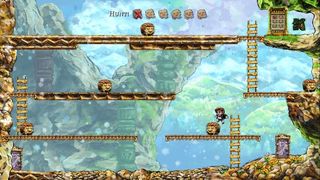
Beyond Microsoft ultimately setting the prices for these titles, another big factor in the increasing acceptance of the rising cost was players growing accustomed to paying that much for games that justified the price tag. Few that played Braid, Castle Crashers, Shadow Complex, Limbo, or Trials HD would argue that they didn’t get premium content for $15. As players saw proof that these prices could potentially be vindicated by the right game, more publishers saw their downloads as on the same level and priced accordingly. The increasing quality of XBLA games matching the rising costs has been Microsoft’s defense in the past too. But ask yourself; is a graphical powerhouse like Trine 2 worth the same as (admittedly quality) old ports like Marvel vs Capcom 2 or Radiant Silvergun, let alone TMNT: Turtles in Time?
On the bright side, perhaps things have quieted down some lately in the realm of pricing for downloadables. Of the 23 games released on XBLA since October 19, only five of those titles were $15. Aside from two $5 releases, the rest were $10, proving that $10 has become the average for “low cost” downloads. It’s also heartening to see how very few $20 titles are on the service, outside of games like Telltale’s Sam & Max seasons, whose price tag makes sense. In fact, the originally $20 Penny Arcade Episode 1 now goes for half that price, so it seems unlikely future games will top the $15 price tag any time soon.
Sign up to the 12DOVE Newsletter
Weekly digests, tales from the communities you love, and more
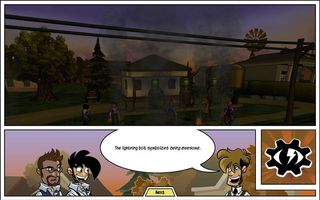
Price vs quality backlash happened recently with titles like Hydrophobia, a poorly received game that the publisher eventually updated and slashed to $10. Sega gave Sonic 4 Episode 1 a similar cut from $15 to $10, perhaps because many felt it hardly had the content to support its high price. Microsoft has actually gone to the trouble of permanently lowering the price on several older titles that were once $15. Could this be a sign that publishers along with Microsoft have come to realize you can’t get always expect players to accept a premium price if the content can’t deliver?
Even if there seems to be a partial step back from the edge of $15 becoming too common a price, we’ll probably never return to the days of frequent $5 downloads. The most recent $5 XBLA game was Quarrel, a free app on many phones, which shows you the acceptable level of quality to warrant that price. I had hoped that more companies would learn from Capcom’s aggressively-priced $5 Dead Rising: Case Zero, which was a tremendous deal (and still is). Instead, we got $5 releases like EA’s Dead Space: Ignition, a glorified browser game.
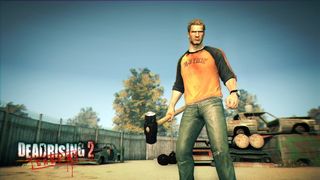
At best we can take solace in the fact that Microsoft has at least gotten better at temporary price cuts, with eye-catching weekly sales. The cuts often aren’t as low as PlayStation Plus exclusive deals and can’t compare to Steam’s very aggressive pricing, but it’s a step in the right direction. Looking to the future, only two of four games in the next XBLA promotion are priced at $15, and we can hope this type of pricing continues into the next Summer of Arcade. Sadly that’s what we’ll have to settle for, as the days of truly great games launching at $5 aren’t coming back to XBLA/PSN.
Henry Gilbert is a former 12DOVE Editor, having spent seven years at the site helping to navigate our readers through the PS3 and Xbox 360 generation. Henry is now following another passion of his besides video games, working as the producer and podcast cohost of the popular Talking Simpsons and What a Cartoon podcasts.
